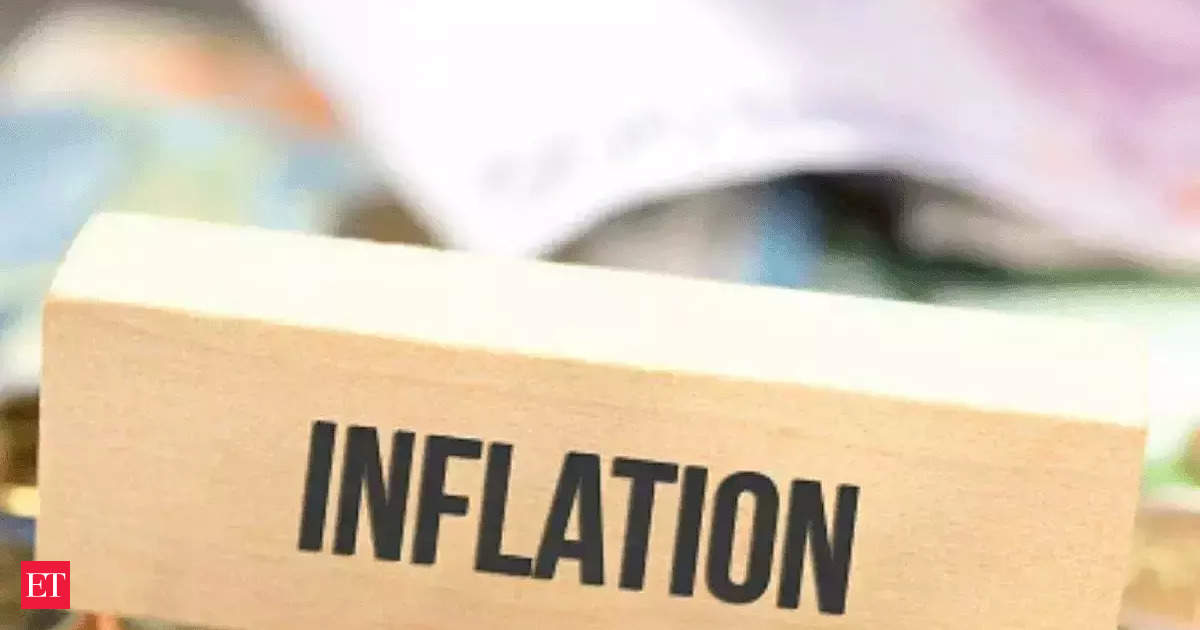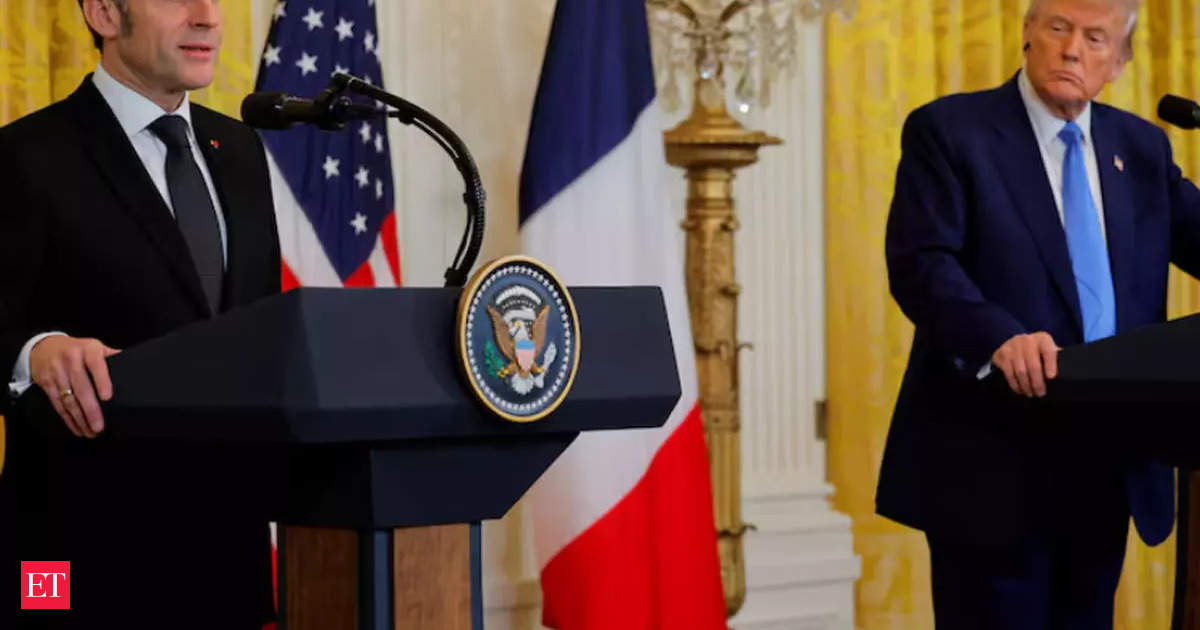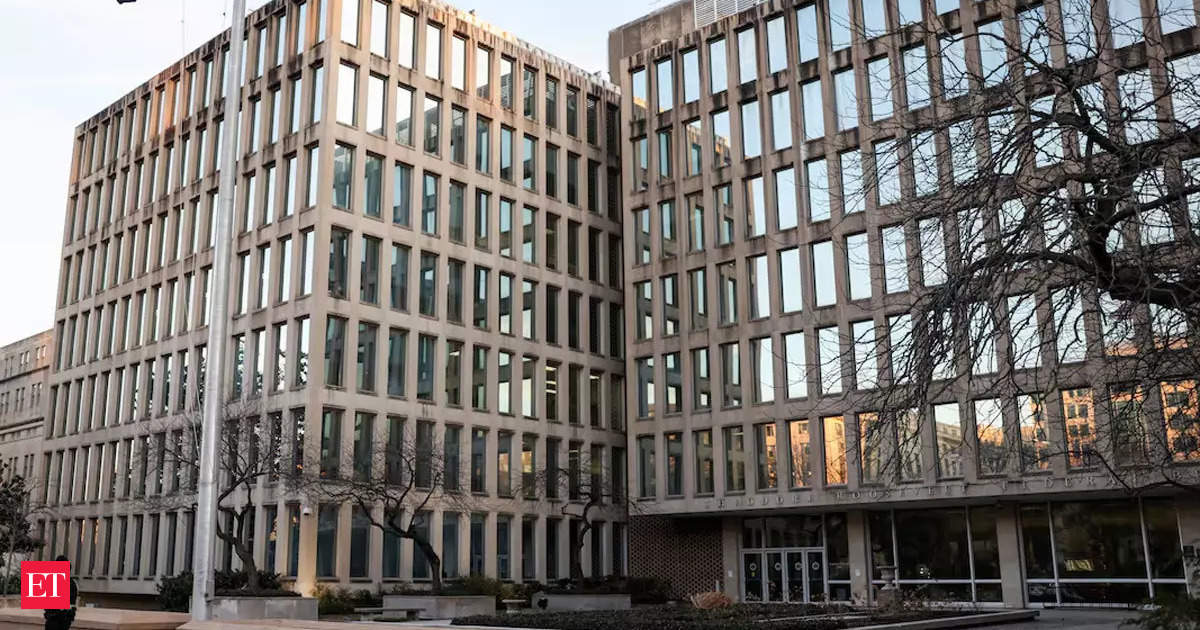India’s retail inflation, as measured by the Consumer Price Index (CPI), is expected to ease by December, according to the Finance Secretary. Currently, India is experiencing elevated levels of inflation due to various factors such as high fuel prices, supply chain disruptions, and increased demand for certain goods and services. However, the government is taking measures to address these concerns and expects inflation to gradually subside in the coming months.
One of the key drivers of inflation in India is the price of fuel, particularly petrol and diesel. As global crude oil prices have been rising, the cost of fuel has increased significantly in the country. This has a direct impact on transportation costs and leads to higher prices for essential commodities. Additionally, supply chain disruptions during the pandemic have also contributed to inflationary pressures. Restrictions on movement and lockdowns have disrupted the flow of goods, leading to shortages and higher prices.
Another factor contributing to inflation is increased demand for certain goods and services. As the economy gradually recovers from the impact of the pandemic, there has been a surge in consumer spending. People are purchasing more goods and services, which has put upward pressure on prices. The festive season and pent-up demand have further fueled this trend.
To address these inflationary concerns, the government has taken several measures. The Reserve Bank of India (RBI) has implemented monetary policy measures to manage liquidity in the system and control inflation. The central bank has maintained an accommodative stance by keeping interest rates low to stimulate economic growth. Additionally, the government has been closely monitoring the prices of essential commodities and taking steps to ensure an adequate supply.
The anticipated easing of retail inflation by December will have significant implications for the Indian economy. It will provide relief to consumers by reducing the cost of living and increasing purchasing power. This, in turn, can boost consumer spending and stimulate economic growth. Moreover, lower inflation can also improve the competitiveness of Indian businesses by reducing production costs.
However, it is essential to note that inflation is a complex issue and influenced by various domestic and international factors. While the government’s efforts to curb inflation are commendable, it is important to sustain these measures in the long term to ensure price stability and sustainable economic growth. Overall, the anticipated easing of retail inflation is a positive development for India and should contribute to its economic recovery.











